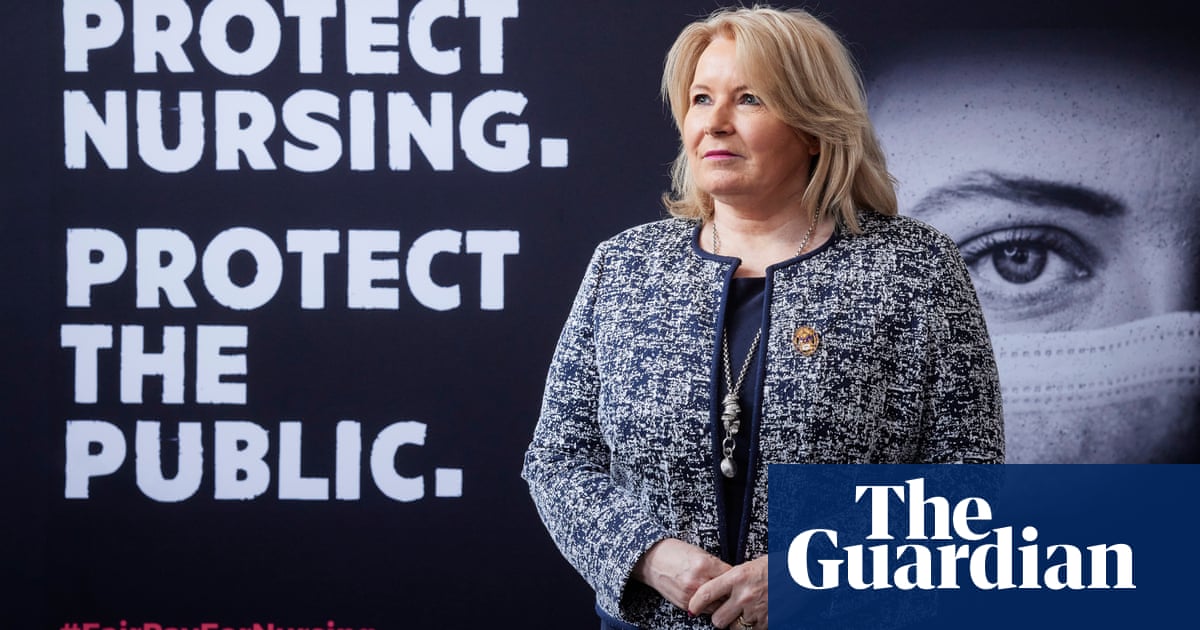
Family members should help loved ones to quit smoking, adopt better diets and stop taking drugs to help relieve the huge pressure on the NHS, the health secretary has said.
Sajid Javid urged relatives to do what they could to persuade each other to lead healthier lives so the health service could better cope with the rising tide of illness it is facing.
In a major speech on Tuesday, he said families needed to play a key role in preventing ill-health because demographic trends meant the NHS in years to come could buckle under the strain of treating a growing number of older people with several illnesses.
The NHS also had to do a lot more to stop people becoming unwell in the first place, he added, and no longer be just a “national hospital service” as a way of tackling its “unsustainable finances”, because its budget was taking up an ever larger share of public spending.
Drawing on his family history, Javid said: “When I was around five, my dad was a smoker – a lot more people were back then. I remember standing at the top of the staircase overhearing my mum confront him, saying: ‘If you die, your boys won’t have a dad.’ He never smoked again.
“That kind of intervention is more powerful than most of us can imagine. Whether it’s stopping drug addiction or dealing with depression, there’s no more powerful motivating force than family.”
Javid said that although his father had died years later of colon cancer, he wondered “if, by stopping smoking in his early 30s, it gave us much more time together as a family”. Conversations with relatives could help people eat more healthily too, he said.
In a speech billed as the NHS’s “road to recovery” after two years of the Covid pandemic Javid said that “we must choose between endlessly putting in more and more money or reforming how we do healthcare. I choose reform. I want us to shift to a new mode of operating, one that’s about helping the whole population to stay healthy, not just treating those who show up asking for help.”
He pointed out that while health spending accounted for 27% of public spending in 2000, that would increase to 44% by 2024 on current trends, which could not continue.
Pledging to make the NHS “fit for the 21st century” he outlined plans for an expansion of personal health budgets, much greater personalisation of care, closer integration between the NHS and social care, and easier access for patients to NHS care, including via the NHS app.
But Nigel Edwards, the chief executive of the Nuffield Trust thinktank, warned Javid that rising healthcare costs were a feature of western countries the UK was unlikely to avoid.
“There is no evidence that cost pressures on the NHS are unsustainable,” said Edwards. “How much of our wealth we choose to spend on healthcare is a matter of political choice. In developed countries across the world, governments are spending more on health services as the population ages and lives with more and more chronic conditions, and it is hard to see the UK bucking this trend any time soon.”
The British Medical Association’s chair of council, Dr Chaand Nagpaul, said Javid had “omitted the most fundamental element of any recovery strategy, which is tackling the chronic workforce shortages in the NHS”.
Javid admitted that the long-term workforce plan that he had asked NHS England to draw up would take a year to appear, despite the urgency of the widespread staffing problems that were blighting every area of care and calls from NHS groups for quicker action.











